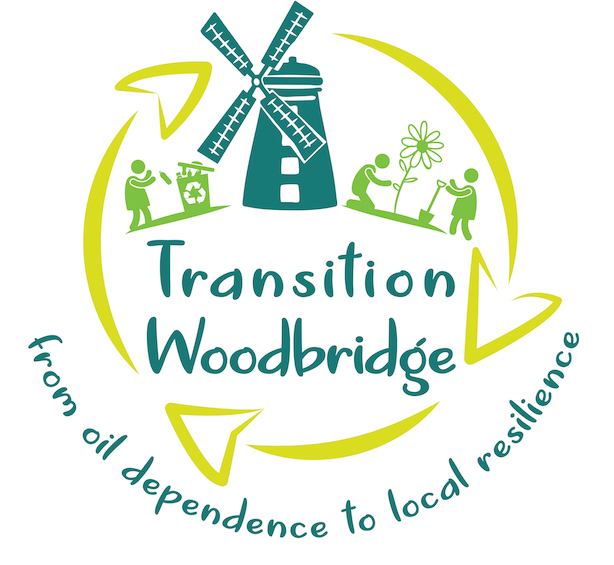
Over 80 random households took part in a bat survey organised by Transition Woodbridge with Mark Bowler, Senior Lecturer and Course Leader in Wildlife, Ecology & Conservation Science from the University of Suffolk. This ran from June through to September 2022. Each month 20 households hosted a post with a bat recorder in a suitable position in their gardens/pots for a fortnight. At the end of the fortnight, Transition Woodbridge volunteers collected up the recorders and passed them onto to Mark. Participants were limited to those who lived between the A12 and Deben River in Woodbridge and Melton. The boundary for Woodbridge was Sandy Lane and Seckford roundabout with A12; Melton the Wilford Bridge and Ufford Park.
Bats feed on insects and roost in hedges and old buildings. They are good indicators of the health of other insect populations as well as telling us about availability of habitat for them.
Mark has arranged for his students to analyse each recorder to identify what types of bats there are and how many in each location. The recorders only pick up bat activity, nothing else. Mark gave a bat feedback presentation in June 2023.
We repeated the exercise in Woodbridge and Melton from May to September 2023 adding more houses and Farlingaye High School to plug gaps in coverage. We extended the survey across the river to include the National Trust Sutton Hoo site downstream to Methersgate where the survey joined up with Suffolk Wildlife Trust Martlesham Wilds on the west bank at Martlesham Creek. West of the A12 included six sites in Hasketon and Grundisburgh respectively and south of Martlesham Wilds 10 sites in Waldringfield.
Mark Bowler gave a debrief in March 2024 on the findings, notably still 10 different species of bats including the rare barbastelle.
